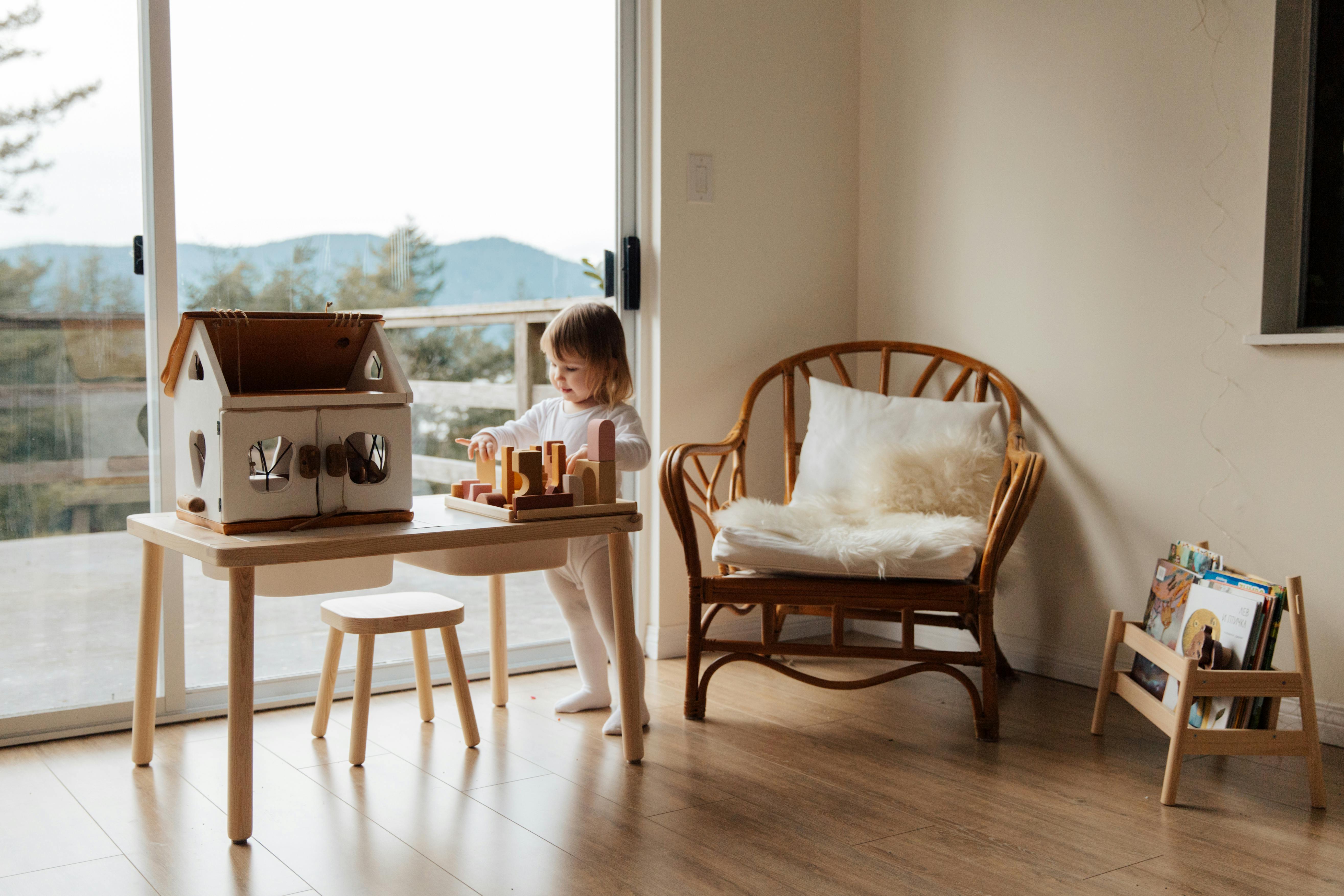Table of Contents
Establishing Clear Expectations
One of the first steps in building trust with your babysitter is to establish clear expectations. Sit down with your babysitter before their first day on the job and clearly outline your rules and expectations. This can include things like bedtime routines, mealtime preferences, discipline strategies, and emergency protocols. Providing this information upfront will help your babysitter feel prepared and confident in their role.
On-Demand Childcare in Your Neighborhood
Book a Sitter
Communication is Key
Effective communication is crucial in any relationship, including the one you have with your babysitter. Regularly check in with your babysitter to see how things are going and address any concerns that may arise. Encourage open communication and make sure your babysitter feels comfortable coming to you with any questions or issues. Additionally, be sure to provide feedback on their performance, both positive and constructive, to help them improve and grow in their role.
Hands-On Training
Hands-on training is another effective way to build trust with your babysitter. Show them the ropes by demonstrating tasks like preparing meals, changing diapers, and putting the children to bed. Allow your babysitter to practice these skills under your supervision so that they feel confident and competent when it comes time to do it on their own. Additionally, provide opportunities for your babysitter to shadow you while you care for your children to observe your parenting techniques and routines.

Building a Relationship
Building a strong relationship with your babysitter is crucial to building trust. Take the time to get to know them on a personal level and show them that you value them not just as an employee, but as a person. Ask about their interests, hobbies, and experiences, and share some of your own.
This will help create a bond between you and your babysitter that will make them feel more invested in their role and more likely to follow your instructions and guidelines.
Continuing Education
Finally, continuing education is key to ensuring that your babysitter is up to date on the latest childcare practices and safety protocols. Provide opportunities for your babysitter to attend workshops, classes, or conferences related to childcare. Additionally, consider providing them with resources such as books, articles, or online courses to help them expand their knowledge and skills. By investing in your babysitter’s education, you are investing in the safety and well-being of your children.










